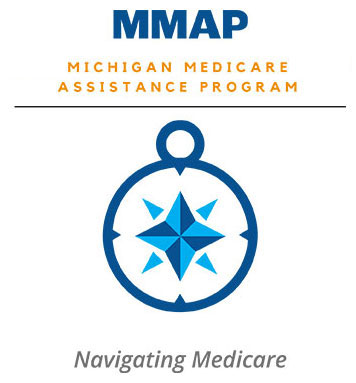Know your rights as a Qualified Medicare Beneficiary.
By Stacy Canan and Tim Engelhardt – JAN 18, 2017
If you’re among the 7 million Americans enrolled in the Qualified Medicare Beneficiary (QMB) Program , doctors, suppliers, and other providers aren’t allowed to bill you for Medicare costs when you receive covered medical services, equipment, and supplies. Your Medicare premiums, as well as costs like deductibles, coinsurance, and copayments, are all covered by Medicaid.
The Centers for Medicare & Medicaid Services (CMS) has heard from older consumers and people with disabilities who reported getting wrongful bills for medical care, even though they had QMB coverage. Older consumers have also submitted complaints to the Consumer Financial Protection Bureau (CFPB), reporting that debt collectors repeatedly attempted to collect these types of bills, or sent this information to credit reporting companies.
That’s why our agencies teamed up to give you these three tips to deal with wrongful bills:
1. Tell the provider or debt collector that you are enrolled in the QMB Program and can’t be charged for Medicare deductibles, coinsurance, and copayments.
Show your Medicare and QMB or Medicaid cards each time you get medical services or items. If the provider bills you anyway, explain that you are enrolled in QMB and can’t be charged for Medicare costs. You have the right to a refund for any payments you’ve already made.
2. Call 1-800-MEDICARE (1-800-633-4227) if the medical provider won’t stop billing you, or refuses to issue a refund. TTY users can call 1-877-486-2048.
The agent can confirm that you are enrolled in the QMB Program. Medicare can also ask the provider to stop improper billing and to refund any incorrect payments you made.
3. If you have a problem with debt collection, you can submit a complaint online or call the CFPB at 1-855-411-2372. TTY/TDD users can call 1-855-729-2372.
We’ll forward your complaint to the company and work to get you a response from them.
You can get a printer-friendly version of this information to share with friends or clients. You can also go to AskCFPB to find out about your rights when responding to a debt collector or learn how to dispute an error on your credit report.
Stacy Canan is Assistant Director of the CFPB’s Office for Older Americans. To learn more about our work on behalf of older consumers, visit consumerfinance.gov/older-americans.
Tim Engelhardt is Director of the Medicare-Medicaid Coordination Office at the Centers for Medicare & Medicaid Services.
In Michigan, people can also call 800-803-7174 to receive assistance from a MMAP counselor.

